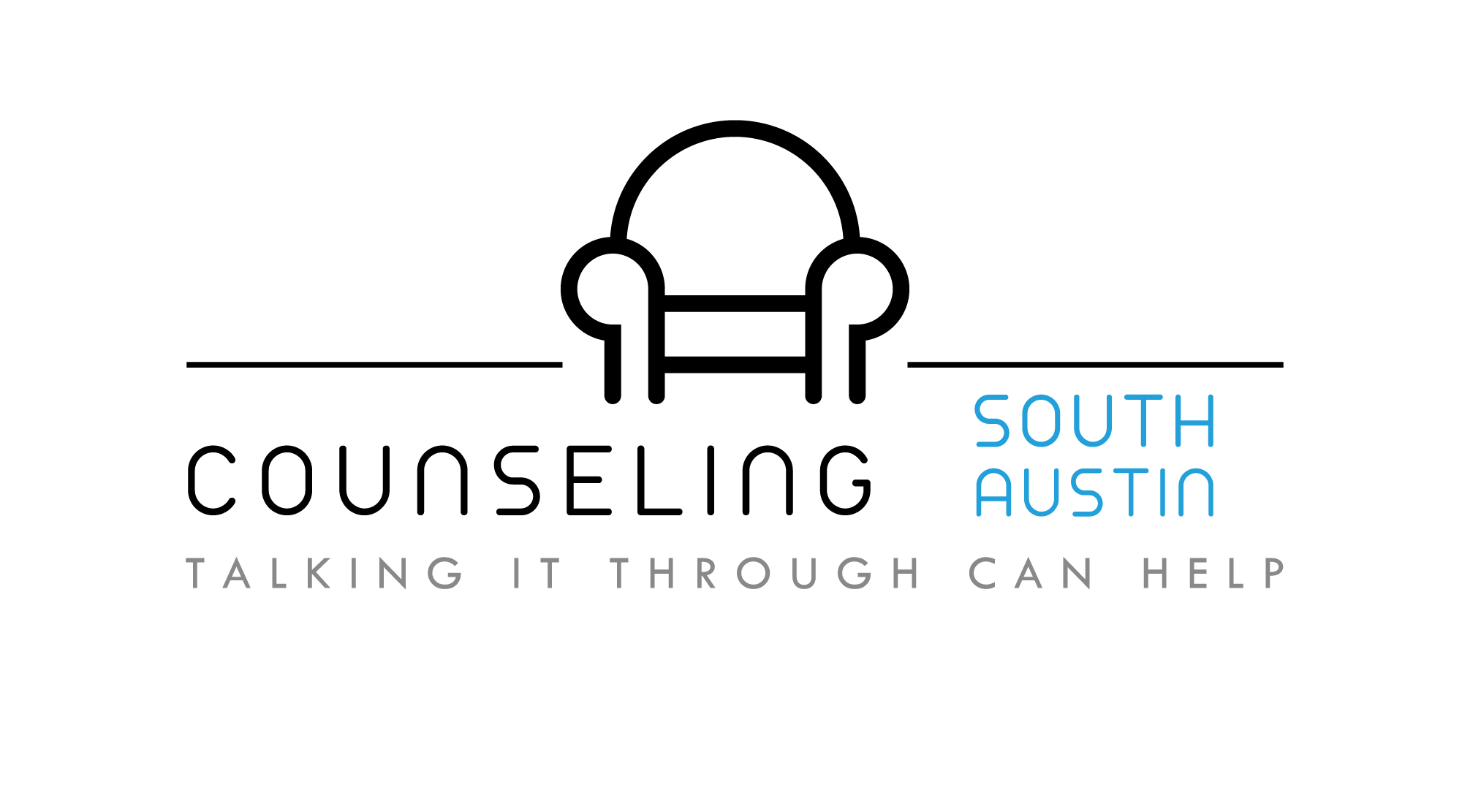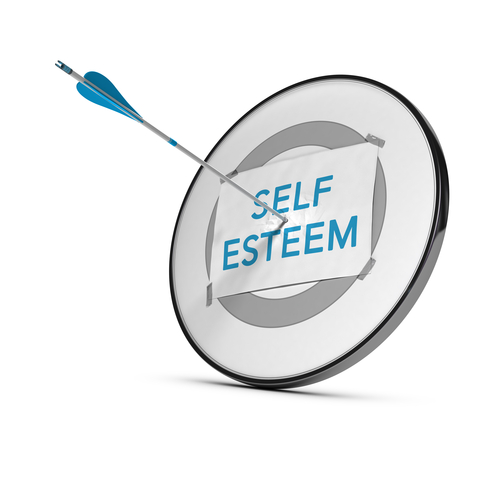Today’s post is by Brandie Conrad, a former Licensed Professional Counselor Intern at Counseling South Austin. She enjoys working with people from all walks of life, while her areas of special focus are self-esteem, codependency, and personal growth. You can schedule your free, 30 minute consultation with her here.
Self-esteem is your overall opinion of yourself and your abilities.
It’s multidimensional in that it affects nearly every aspects of your life.
When you have a healthy self-esteem you are able to acknowledge your strengths, limitations, and at the same time recognize that you are worthy and worthwhile.
- You feel confident and optimistic
- You are able to make mistakes and learn from them
- You accept mistakes from others
- You are capable of solving problems and making decisions
- You have the ability to trust others
- You feel comfortable with a wide range of emotions
- You have the ability to say no
- You express your needs and opinions
- You practice good self-care
When you are suffering from low self-esteem you feel unworthy, incapable, and unlovable.
- You put little value on your opinions and ideas
- You feel others are more capable and successful
- You have a fear of failure and being ridiculed
- You have trouble making decisions
- You focus on your perceived weaknesses
- You are overly critical of yourself and others
- You have difficulty accepting positive feedback
- You are mistrusting of others
- You have a negative view of life
Self-esteem begins to form in your early childhood and continues to evolve throughout your life. How you were treated by your family, peers, teachers, and other people you were close to contributed to the development of your self-esteem.
Certain experiences in your childhood can promote a healthy self-esteem, while others can lead to having low self-esteem.
Experiences in childhood that promote healthy self-esteem:
- Feeling heard and understood
- Being treated and spoken to respectfully
- Receiving appropriate attention and affection
- Recognition for accomplishments
- Acknowledgement and acceptance of mistakes/failures
Experiences in childhood that may lead to low self-esteem:
- Physical, sexual, or emotional abuse
- Being ignored, ridiculed, teased, or overly criticized
- An absence of praise, warmth, affection, or interest
- Peer pressure and bullying
- High parental expectations
- Illness, disability, or injury
- Overprotective parents
- Repeated failures/lack of successes
- Continuous comparison to others
- Family alcoholism/substance abuse
Some things in adulthood can challenge your self-esteem even if it is well-developed, such losing your job, the end of a serious relationship, legal or financial troubles, suffering with alcohol or substance abuse, physical health concerns, having a child with emotional troubles, or any experience that causes you to question your values or worth.
Low self-esteem is closely associated with depression, anxiety, codependency, perfectionism, negative self-talk, and feelings of guilt and shame.
Therapy can help you address low self-esteem and the problems related to it regardless of how, or when, they may have evolved.
Talking to a therapist about your thoughts and feelings can provide you with an opportunity to gain a better understand of yourself and the issues you are struggling with.
In therapy sessions, you can discover things from your past or beliefs that you have that may be holding you back from living the life you want.
A therapist will teach you tools to improve how you view yourself and empower you to make positive changes to increase your self-esteem. Therapy can provide you with support to develop self-compassion so you can set attainable goals, treat yourself with kindness, and find a sense of accomplishment to boost your confidence.
A therapist can help identify your negative self-talk and teach you ways to improve and change them into positive affirmations about yourself.
Change is not quick, or easy to do. However, participating in therapy can accelerate the process of self-discovery and help you learn to love and accept yourself for who you are.
You deserve a life you enjoy!

